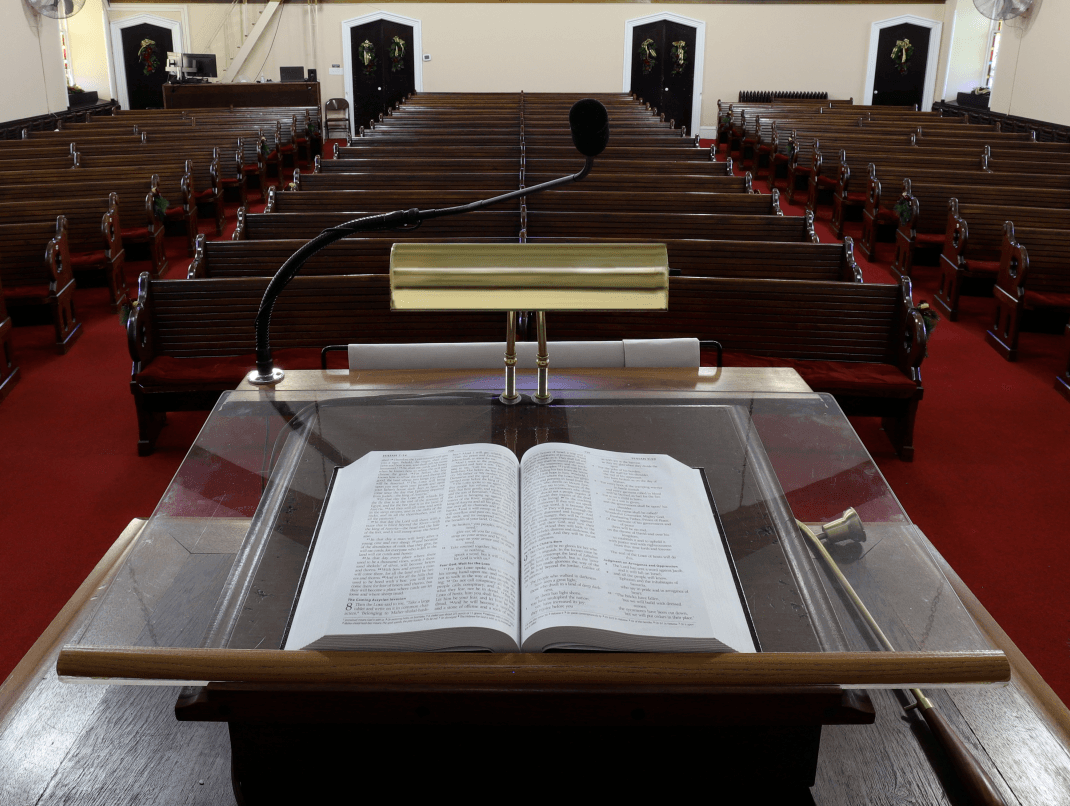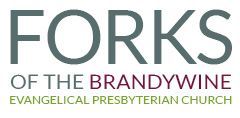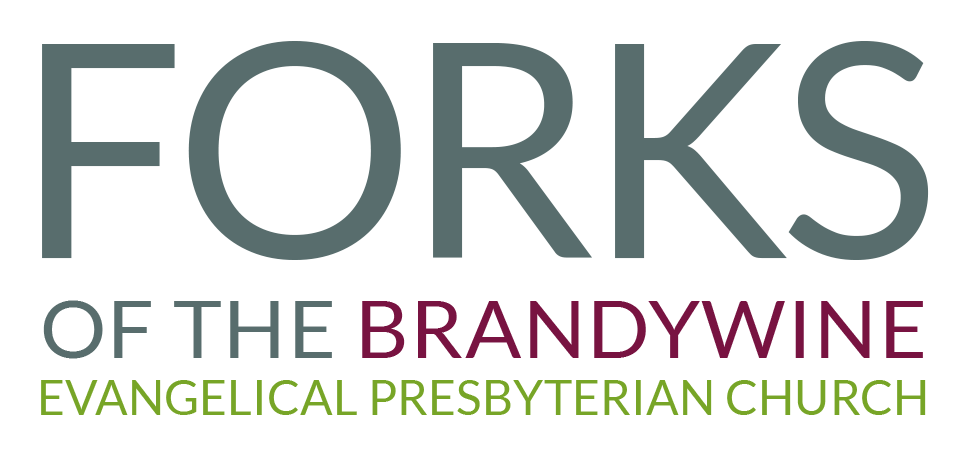The Season of Lent
A Period of Preparation

Ash Wednesday marks the beginning of the liturgical season of Lent, a 40-day period in the Christian calendar dedicated to the spiritual disciplines of fasting and penitence. The season of Lent is a period of preparation. During this time we focus on serious spiritual inventory as we anticipate the following season of celebration that begins at Easter. For 40 days before Easter we concentrate on repentance (putting our sins to death), and for 40 days after Easter we concentrate on renewal (rising to walk in newness of life). Lent symbolizes the present evil age of a fallen world, in which we take up our cross and deny ourselves. Easter symbolizes the new age, the Age to Come, in which we take up our new life and bear witness to God’s new creation.
This is why we customarily “give up” something old for Lent and “take up” something new for Easter. These are parabolic actions. They signal to the world the meaning and message of Christ. These two connected seasons, Lent and Easter, are shaped like the life of Jesus. His journey to the cross and subsequent resurrection are the pattern. They are the pattern of the gospel, of baptism, of the Christian life, and of history itself. Jesus’s call to discipleship is a summons to take our place in this pattern, to enter this cosmic drama of redemption, to experience in the present age the powers of the Age to Come, and to bring New Creation to the world.
We should always be vigilant about sin. All year long, throughout our lives, we must keep watch over ourselves, living in a daily rhythm of repentance. Likewise, it is good to cultivate the spiritual discipline of fasting at other times in the year. At the same time, it is beneficial to the church to bring special attention to fasting and penitence at specified seasons of the year. No liturgical calendar is given for the church in the New Testament. Neither the season of Lent, or Easter, or any other seasons are commanded in the Bible. Therefore, no church and no Christian is obligated by God to observe these seasons or the practices associated with them. It is not a sin to refuse to give up something for Lent. Nevertheless, there is tremendous benefit when whole churches take up the observation of these seasons together. The seasons help us learn the life of Jesus, grow in our discipleship, deepen our spiritual awareness, understand our faith, participate in the sanctifying means of grace, develop gospel-centered family and church traditions, strengthen our hope, link arms with the wider (catholic) church, and bear witness to the world.
There is nothing magical about the liturgical calendar, or the season of Lent, or any spiritual practices we might observe. Anything can be misused or treated superstitiously. In the past, these liturgical traditions and practices have certainly been abused, and our Reformed forefathers were right to oppose those abuses. Most of them solved the problem by abolishing the practices altogether. This, however, was a step too far. These traditions are of great benefit to the church when they are purified by the gospel and purged of their superstitious misuses by the Word of God. At the Forks, our aim is to keep these traditions in ways that benefit us and glorify Christ.
Grace and peace,
Pastor Wesley
The Pastor's Pen





